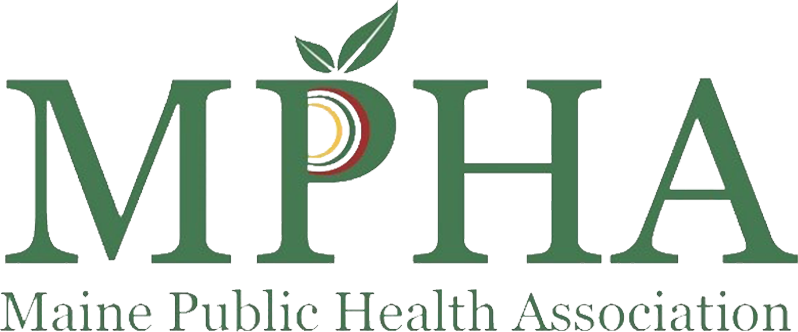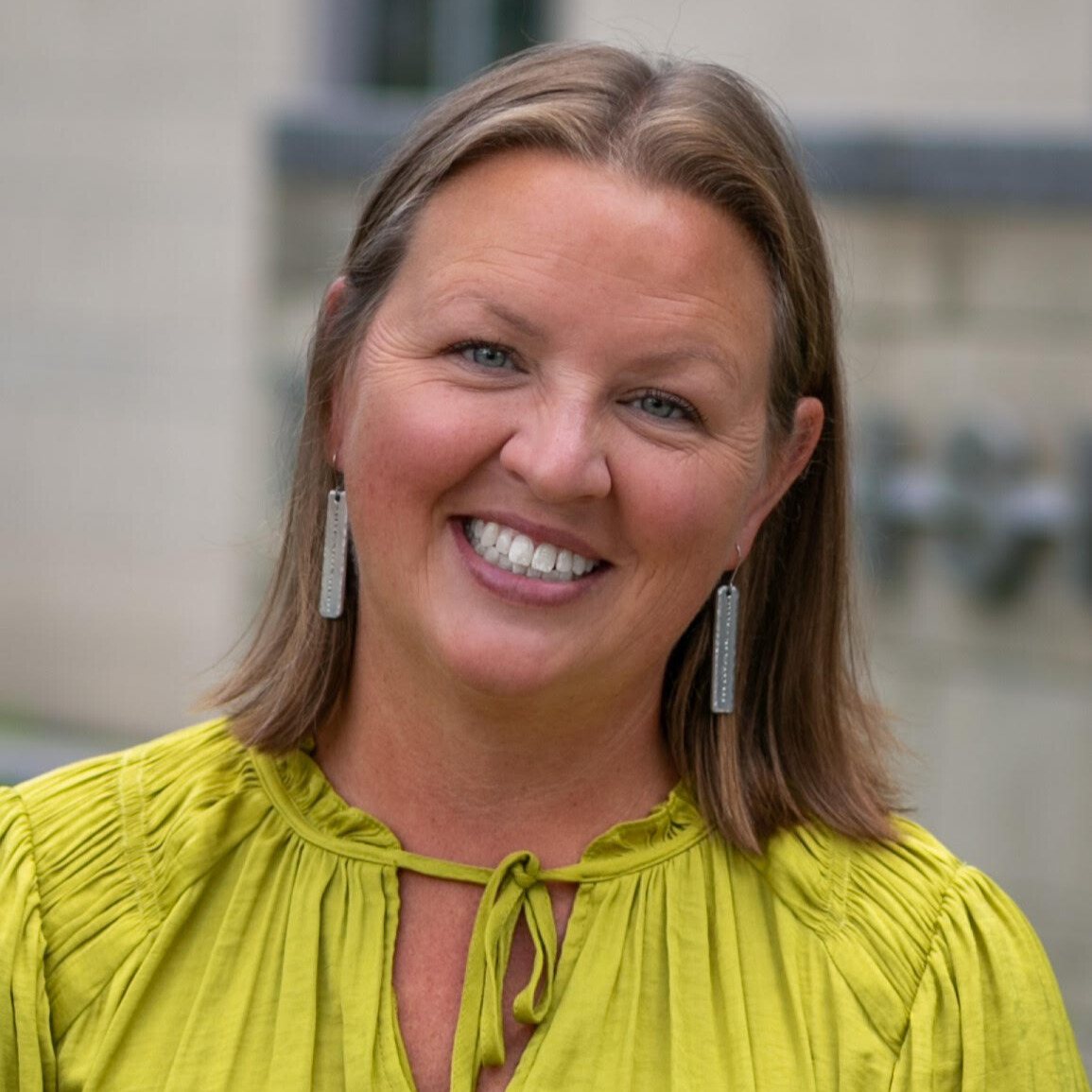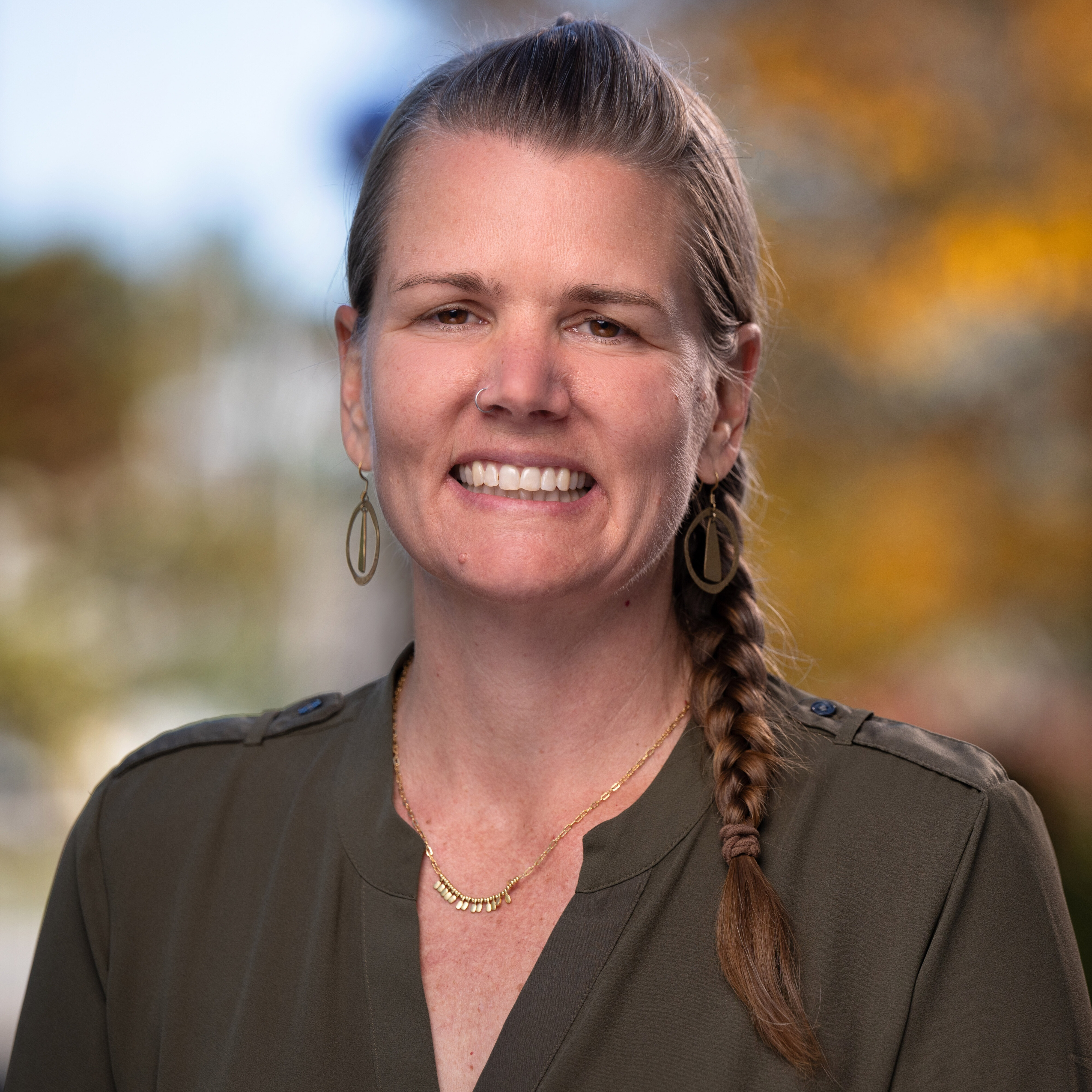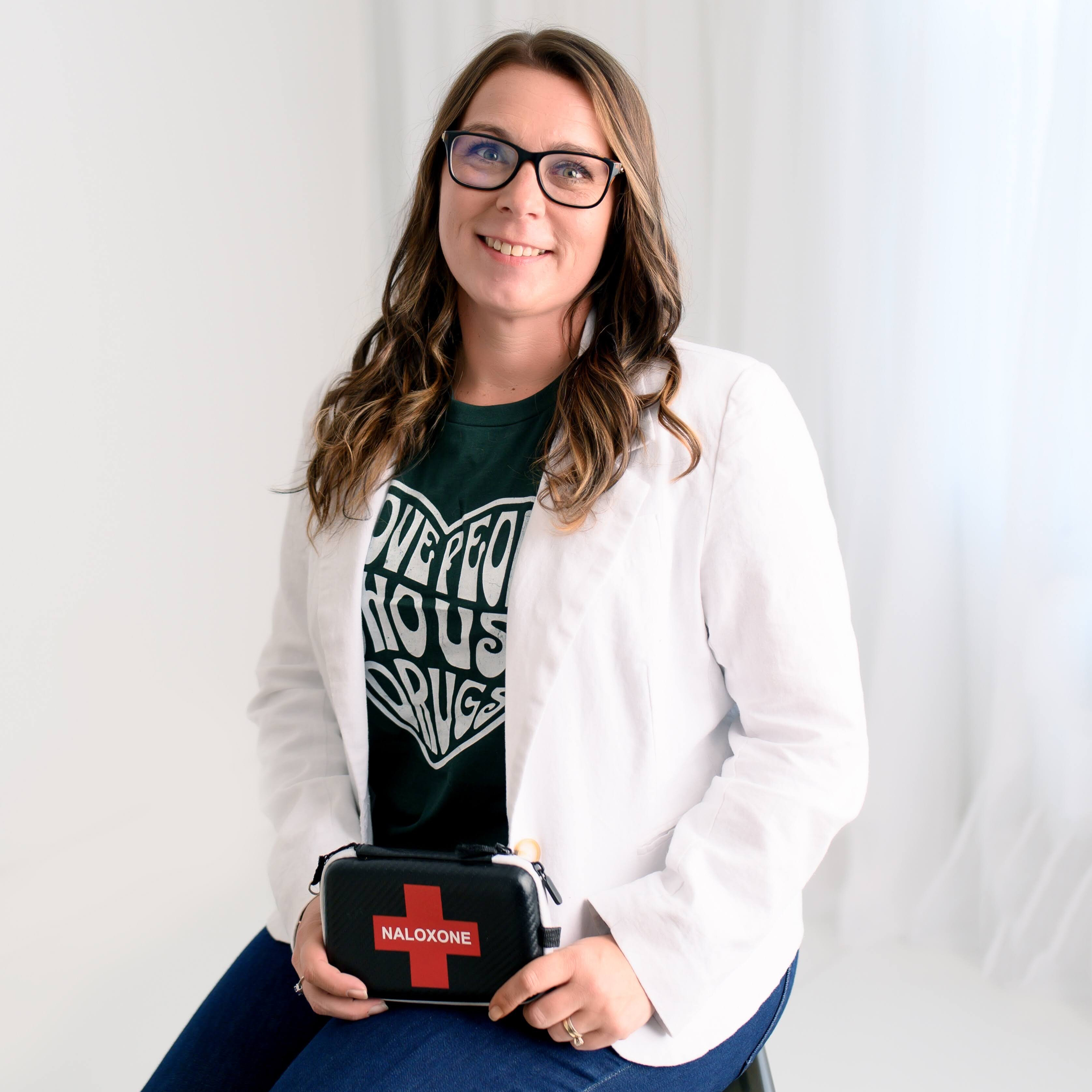

Opioid Settlement Fund
Spending and Public Health in Maine
How are the opioid settlement funds being spent in Maine, and how are decisions regarding funding priorities made?

Course Information
- Audience: All public health professionals working in nonprofits, healthcare, educational institutions, government and private sector
- Format: Webinar
- Date/Time: November 6th, 2025 12:00 PM – 1:00 PM ET.
- Price: Free
- Length: 1 hour
- Credential(s) eligible for contact hours: Sponsored by New England Public Health Training Center (NEPHTC), a designated provider of continuing education contact hours (CECH) in health education by the National Commission for Health Education Credentialing, Inc. This program is designated for Certified Health Education Specialists (CHES) and/or Master Certified Health Education Specialists (MCHES) to receive up to 1 total Category I continuing education contact hours. Maximum advanced-level continuing education contact hours are 1. Provider ID: Event ID: .If you are not seeking a CHES/MCHES contact hours, if you complete the post-test and evaluation, you will receive a Certificate of Completion. The Certificate will include the length of the course.
- Competencies: Policy Development & Program Planning Skills
- Learning Level: Awareness
- Companion Trainings: None
- Supplemental materials:None
- Pre-requisites: None
About this Webinar
This webinar will share information about the opioid settlement funds and their purpose. It will emphasize why public health experts need to be at the table to offer best practice guidance that ensures opioid settlement funds are spent efficiently and appropriately by Maine’s counties, cities, and towns as they spend the funds.
The Maine Opioid Settlement Support (MOSS) Center will discuss the four pillars of recommended spending and highlight the cooperative nature of the MOSS Center approach, which aims to offer a public health perspective, utilize existing local expertise, increase capacity for a community-driven process, foster best practice decision-making, and evaluate the impact of settlement fund spending. It will also offer actionable ways that local public health experts or organizations can assist Maine in utilizing its funds to support substance use disorder prevention, harm reduction, treatment, and recovery. The Maine Recovery Council will discuss its purpose and work within Maine, provide examples of what the council has accomplished, and share where the council is headed in the coming years. The Cumberland County Public Health Department will provide background about the process of deciding how to spend the settlement funds, how these decisions are made, and its action plan and priorities for investing. It will also share county and municipal examples of programs utilizing the opioid settlement funds to improve public health.
What you'll learn
-
What the opioid settlement funds are.
- Name the four pillars of recommended spending for opioid settlement funds.
- Understand how the opioid settlement funds are being used in Maine and how these funding decisions are made.
- Where to go for more information related to opioid settlement funds in Maine.
-
Subject Matter Expert(s)
 Jennah Godo, MS
Jennah Godo, MS
Liz Blackwell, MPH
Chasity Tuell
Jennah is the lead for the MOSS Center’s Outreach and Communications core at the Catherine Cutler Institute. She has over 20 years of work experience in public health, primarily in sexual health and substance prevention. As full-time staff at the Center, her primary role is to connect with communities across Maine, understand where they are and support their technical assistance needs. Additionally, she facilitates collaboration and increases communications regarding Maine Settlement Funds.
Liz has been in the fields of behavioral health and public health since 2000, first in direct service as a case manager and for the last 20 years working with communities to bring public health research into practice and implement restorative, healing-centered approaches to addressing public health problems. Liz is currently the Director of Cumberland County Public Health and a member of the Maine Recovery Council. She has her master’s degree from Boston University’s School of Public Health.
Chasity is the newly appointed Executive Director of the Maine Recovery Council (MRC), and a lifelong resident of Washington County. As a person with lived experience of chaotic substance use, Chasity is deeply committed to supporting and advocating for individuals who use drugs, regardless of where their substance use falls on the spectrum. Prior to being named ED of MRC, Chasity served on the inaugural MRC for two and a half years, most recently as Vice Chair, and was an advocate for the legislation that expanded the Council’s membership to be more inclusive of impacted voices. As a Harm Reduction Consultant and Advocate, her career has been dedicated to expanding harm reduction services in rural and underserved areas and providing technical assistance and training to communities, organizations, and healthcare providers across the state.
Enrollment and Contact Hours
Select the Enroll button below to register for the course. If you have any trouble accessing the course, contact support@nephtc.org.
Acknowledgement: This project is supported by the Health Resources and Services Administration (HRSA) of the U.S. Department of Health and Human Services (HHS) as part of award 2 UB6HP31685‐05‐00 “Public Health Training Centers.” The contents are those of the author(s) and do not necessarily represent the official views of, nor an endorsement, by HRSA, HHS or the U.S. Government.This training was supported by the Health Resources and Services Administration (HRSA) of the U.S. Department of Health and Human Services (HHS) as part of a financial assistance award totaling $400,000 with 100% funded by HRSA/HHS and 0% funded by nongovernment source(s). The contents are those of the author(s) and do not necessarily represent the official views of, nor an endorsement, by HRSA/HHS, or the U.S. Government.
* Yale School of Public Health, Office of Public Health Practice, a New England Public Health Training Center partner, is a designated provider of continuing education contact hours (CECH) in health education by the National Commission for Health Education Credentialing, Inc. All CHES credit inquiries are managed by YSPH
Registration
Select the Enroll Me button below to register for this recording. If you have any trouble accessing the recording, contact support@nephtc.org.
Acknowledgement: This project is supported by the Health Resources and Services Administration (HRSA) of the U.S. Department of Health and Human Services (HHS) as part of award 2 UB6HP31685‐05‐00 “Public Health Training Centers.” The contents are those of the author(s) and do not necessarily represent the official views of, nor an endorsement, by HRSA, HHS or the U.S. Government.